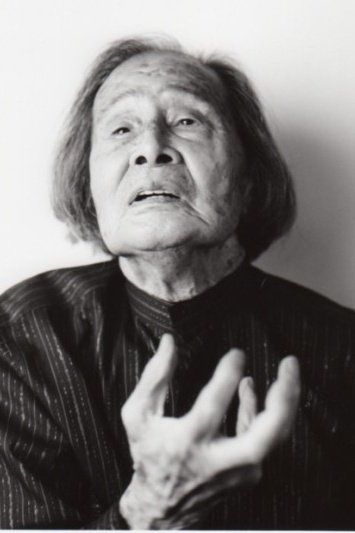
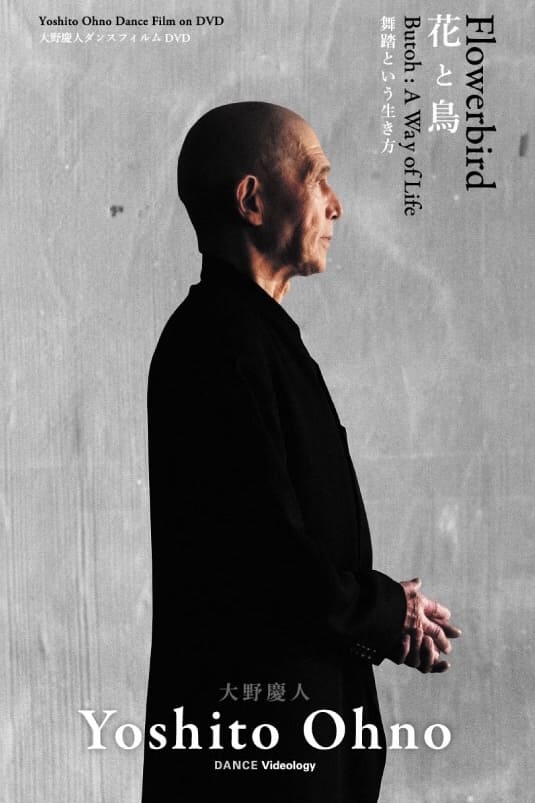
Comprising historic archive footage and texts this DVD box enlightens us greatly about Yoshito Ohno's here and now. Butoh has a distinct starting point, namely, in 1959, with Kinjiki , a duet featuring Tatsumi Hijikata and Yoshito Ohno. His father, the legendary Kazuo Ohno created another epoch-making opus in 1977 Admiring La Argentina, with Yoshito Ohno as production manager. These links are no mere coincidence. To date, we've tended to overlook Yoshito Ohno, barely granting him the recognition he merits. Just as dance requires a lengthy gestation period in which to evolve, his dance has finally come into our field of vision, in all its freshness and stark-nakedness, linking Butoh's origins to its zenith, to a point where he now stands at a crossroads.
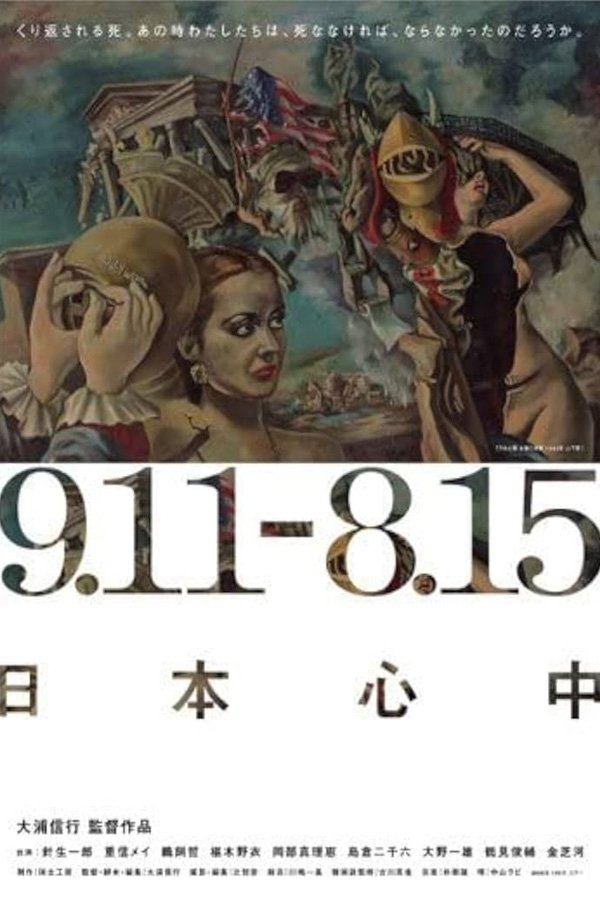
A film that reconsiders the modern state of Japan in relation to the 9/11 terrorist attacks in the U.S.
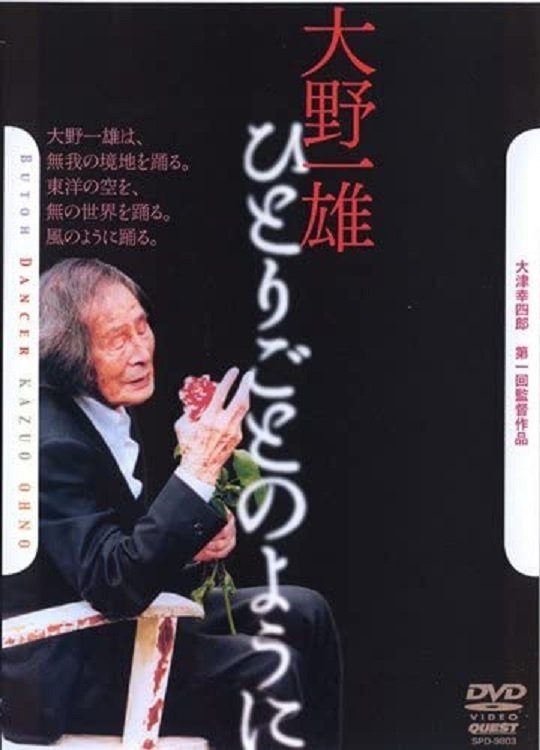
This documentary follows one of the creators of the japanese dance Butoh, Kazuo Ohno, 95, and his son, Yoshito Ohno.
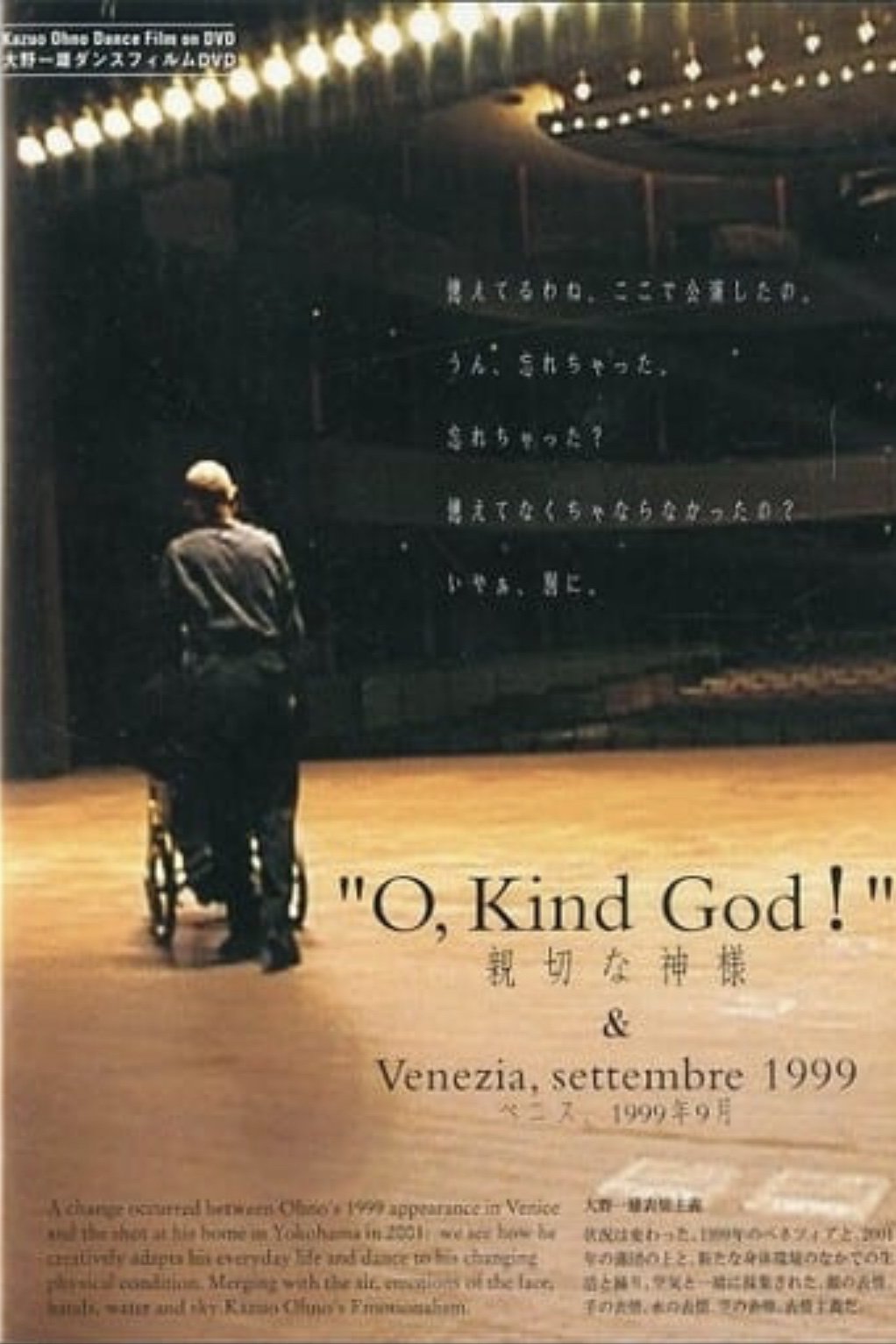
"O,Kind God!"is another take on Kazuo Ohno. This moving testimony to the effects his physical evolution has had on his every-day life and dance reveals yet even more strongly that ever-present and life embracing emotions so characteristic of all his previous work. In his appearance in Venice (1999) and a series of performances in his home in Yokohama in 2001, Ohno powerfully demonstrated that his dance embodies life in all its aspects. (Now, though physically immobile), Ohno's very presence continues to exude emotion: it overflows with facial expressions and delicate hand movements; fluid as water and changeable as the sky. This documentary reveals what dance is truly about. Kazuo has given us something very precious.

In the 60's and into the 70's, Kazuo Ohno himself produced three 16mm films. His many performances at the "Teatro Fonte" in Yokohama have been preserved with high quality Beta cameras. In addition, the television station NHK has made recordings of many of his theater performances since the premiere of "The Dead Sea" in 1985. Together, the Kazuo Ohno Dance Studio and NHK own over one hundred hours of footage. This is complemented by a 1994 film by Daniel Schmid and new 16mm footage of Kazuo Ohno filmed especially for this project in October of 2000. From these resources, this 111 minute Video/DVD was assembled. "Beauty and Strength" includes dance performances, film excerpts and interviews, examples of Ohno's drawings and writings, as well as biographical information, creating a comprehensive look into the world of Kazuo Ohno's dance.
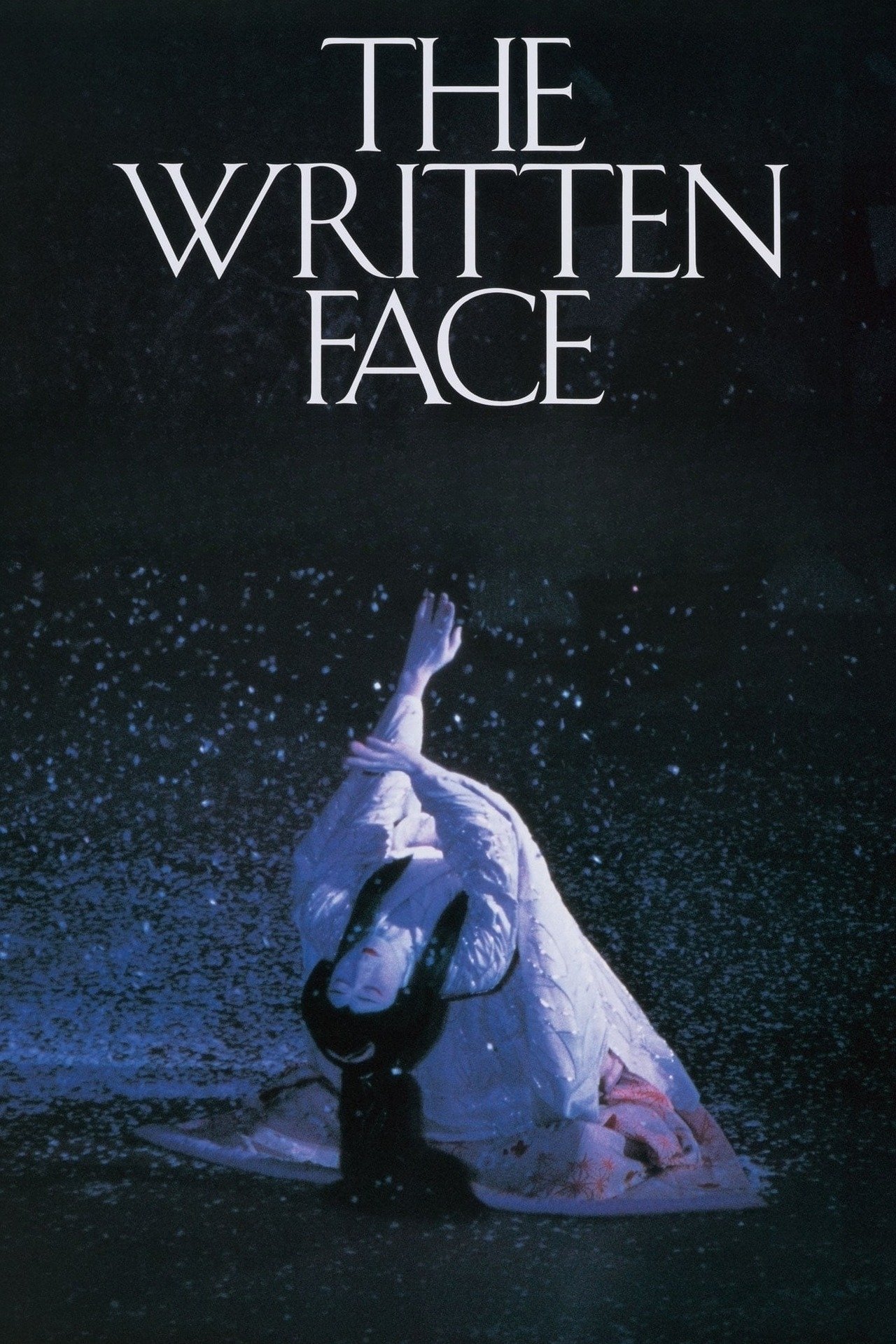
In Japanese theater, women's roles are traditionally played by men. The man playing the woman's role, the Onnagata, does not imitate the woman, as in the West, but tries to capture her significance. He need not stick close to his model, but draws far more from his own identity - a shift of value takes place, which is nonetheless not a step beyond. THE WRITTEN FACE is an attempt to offer an insight into the Japanese Kabuki star Tamasaburo Bando, one of the last defenders of this ancient and disappearing performing tradition.
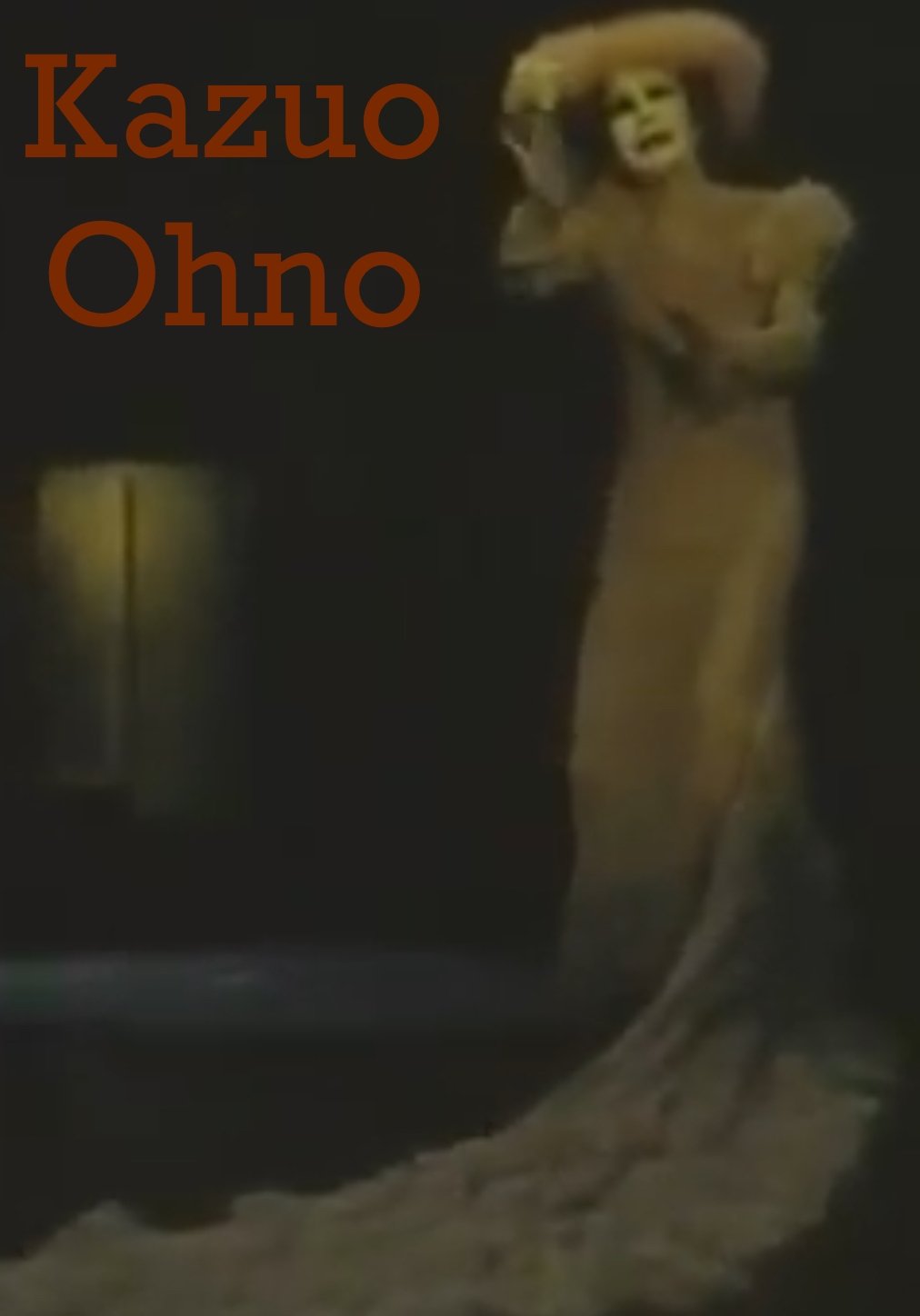
Kazuo Ohno, Father of the Butoh Dance, first appeared on stage at the age of 43. He left the stage only at the age of one hundred, three years before he died. This short, dialogue-less film presents the exceptional range of expressions that this Japanese dancer could achieve, both with makeup and costumes and without.
Peter Sempel's masterful poetic film tribute to butoh performer Kazuo Ohno.
Butoh dancer. Christian. After experiencing WW2, Ohno devoted his life to dance. He introduced the unique dance style “Butoh” to the world. (Courtesy of NPO Dance Archive Network)
By browsing this website, you accept our cookies policy.